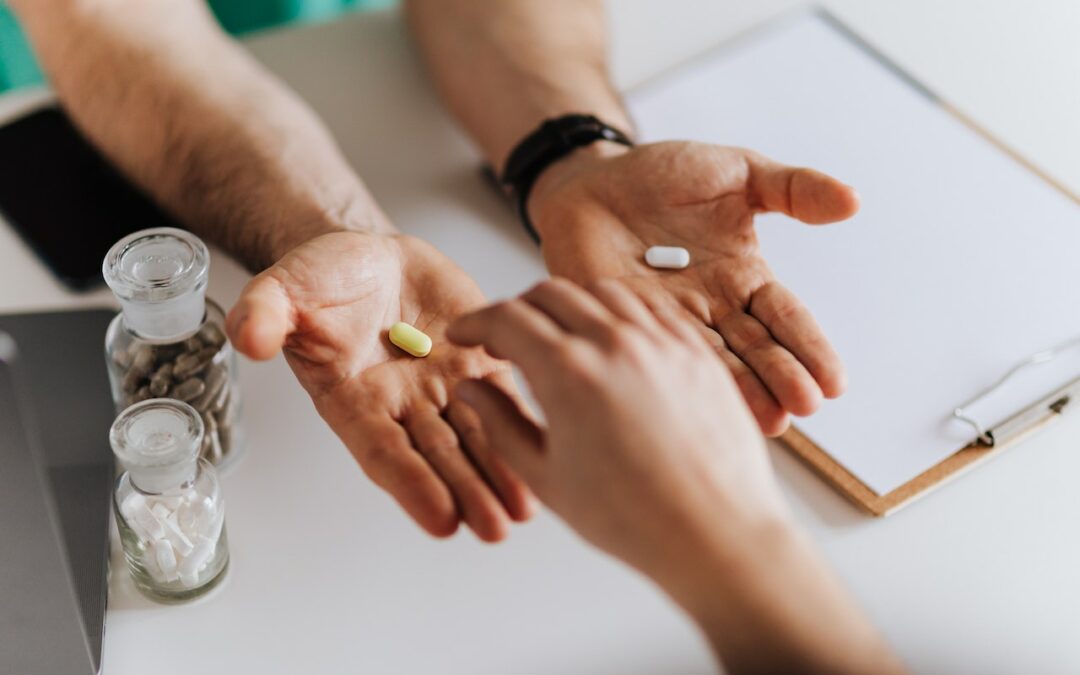The illicit drug market in the United States is a multi-billion dollar industry. Despite the best efforts of law enforcement, the drug trade continues to flourish. So how do drug dealers get caught?
There are a number of ways that drug dealers get caught. One of the most common is through the use of informants. Informants are people who provide information to the police about criminal activity, often in exchange for money or leniency in their own cases.
Informants may be former drug dealers or users who have been arrested and are looking to reduce their own sentences by providing information on other dealers. They may also be people who have simply overheard drug deals taking place or have seen drug paraphernalia in plain view.
Another common way that drug dealers get caught is through the use of undercover police officers. Undercover officers pose as drug users or dealers to gain information about drug dealers and their operations.
Undercover officers may make controlled buys of drugs from dealers, or they may simply gather information about drug dealers through conversation and observation.
Another way that drug dealers get caught is through the use of surveillance. Surveillance is the use of video cameras, listening devices, or other means to observe the activities of a person or group.
Surveillance can be used to track the movements of a drug dealer, to observe drug deals taking place, or to identify the people involved in a drug dealing operation.
Another common way that drug dealers get caught is through the use of search warrants. A search warrant is a court order that allows the police to search a specific location for evidence of a crime.
Search warrants are often used to search the homes or vehicles of suspected drug dealers. The police will often find drugs, cash, and other evidence of drug dealing when they execute a search warrant.
The Drug Investigation Process
The drug investigation process begins with the identification of a target. The police will identify a target based on information from confidential informants, surveillance, and other investigative techniques.
Once the target is identified, the police will begin to gather evidence to support a criminal investigation. This evidence may include surveillance footage, wiretaps, and search warrants.
Once the evidence is gathered, the police will prepare a case for prosecution. This case will be presented to a prosecutor, who will decide whether to file criminal charges.
If the prosecutor decides to file criminal charges, the case will be presented to a judge, who will decide whether to issue an arrest warrant. If the judge decides to issue an arrest warrant, the police will arrest the target and bring them to court.
The target will then be arraigned, and they will be given the opportunity to plead guilty or not guilty. If the target pleads guilty, they will be sentenced by the judge. If the target pleads not guilty, the case will go to trial.
The trial will be presided over by a judge and a jury. The jury will decide whether the target is guilty or not guilty. If the target is found guilty, they will be sentenced by the judge.
Conclusion
It is clear that drug dealers get caught in the US through a variety of methods. These include sting operations, undercover cops, informants, and surveillance. In addition, drug dealers may also be caught as a result of tips from the public. While some drug dealers are able to avoid detection and continue to operate successfully, eventually, most will be caught and brought to justice.
Get the information you need with the help of Quinn & Associates. We are a seasoned, experienced licensed private investigator that is well known in the industry as being honest and highly professional. We drive hard for the results we seek and believe in constant communication with the client to ensure satisfaction and results. Get in touch with us today!

